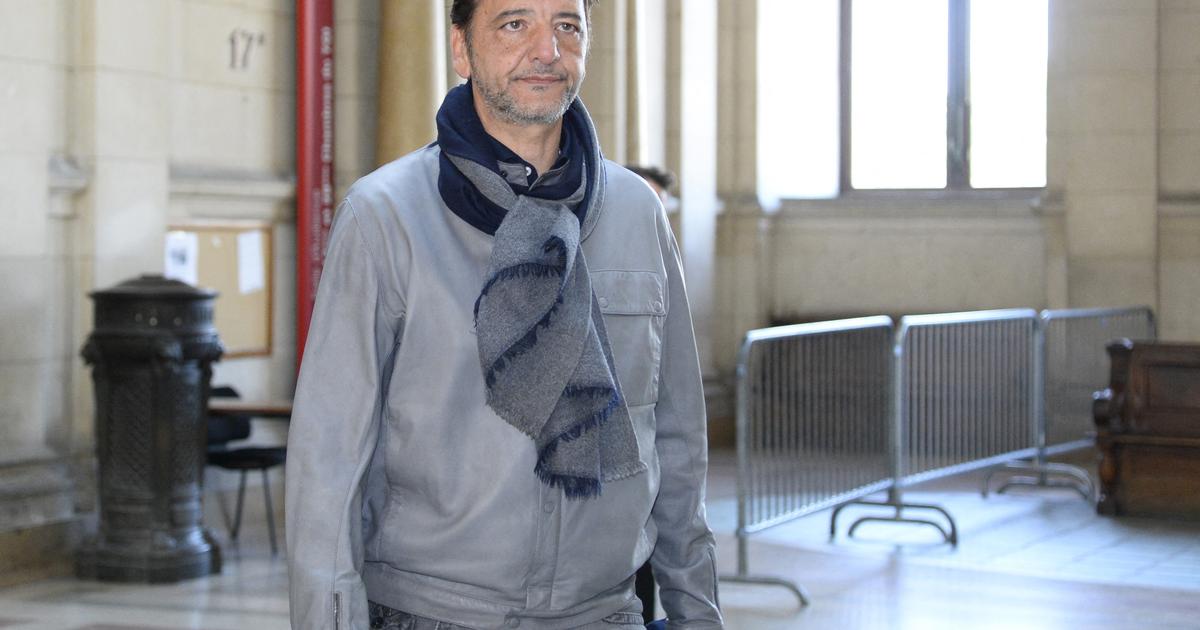Social News
Written by: Zhu Dixin
2020-08-12 20:08
Last update date: 2020-08-12 20:08The controversial small house policy has been challenged by judicial review. A judge of the High Court ruled last year that indigenous residents built small houses on their own land with a free building license, which is a traditional legal right, but in the form of government land, private agreement or land exchange Building a house is unconstitutional. All three parties involved in the case appealed against the ruling. The Court of Appeal continued hearing today (12th), and the representative lawyer of Heung Yee Kuk made a statement. The lawyer said that the Basic Law Drafting Committee considered that the Basic Law only focused on the rights and interests enjoyed by the indigenous houses at the time, and believed that the rights and interests enjoyed by them at the time should be paid attention to, and that the trial judge went back to the lease of the New Territories in 1898. It was really inappropriate , And pointed out that even if history is to be traced back, the small house policy is still the traditional legitimate rights and interests of the original inhabitants.
In this judicial review case involving "Ding Power", the applicants were Guo Zhuojian and Lu Zhiheng, the respondent was the Director of Lands Department, the Chief Executive in conjunction with the Executive Council and the Department of Justice, and the Heung Yee Kuk was listed as an interested party. All three parties have Appeal against the judge's decision last year.
Pay attention to the rights and interests when the Basic Law was enacted
The British Queen’s Barrister Peng Like, who represented the Heung Yee Kuk, pointed out that when the trial judge dealt with this review, he traced back the situation when the British leased the New Territories in 1898. However, Penglik believes that there is no need to go back more than 100 years in history in handling this case. According to the document when the Basic Law was drafted, the drafting members considered Article 40 of the Basic Law, which protects the rights and interests of indigenous inhabitants, focusing on the rights and interests enjoyed by the indigenous inhabitants of the New Territories at the time, rather than the rights and interests of the New Territories leased in 1898.
Peng Like believes that when considering Article 40, the original inhabitants should enjoy traditional and legal rights when the Basic Law was promulgated in 1990, without considering ancient historical factors.
The colonial government recognized the rights of indigenous inhabitants
Peng Like also pointed out that even if the court considers that history needs to be traced back, the small house policy is constitutional, including the form of private agreement and land exchange to build small houses. Male villagers in the New Territories can traditionally build houses on the land in the village. According to expert reports, the villagers at the time believed that being able to build houses on official land was an important right, and the colonial government had always recognized that they had related rights.
Regarding the applicant's question that Article 40 did not mention the "small house policy", Peng Like pointed out that Article 40 was to protect the rights and interests of the indigenous inhabitants of the New Territories, not just to preserve the small house policy, so the "small house policy" was not mentioned. The wording.
The case continues, and the applicant’s lawyer will make a statement.
Case No.: CACV234, 317, 319/2019
Appeal in Ding Quan's case | Government: The Basic Law protects the rights of indigenous inhabitants not to discriminate against the constitution
Set Ding Case | 12 defendants decided not to wait for Ding's right to review the final verdict and set a date for criminal appeal
[Ding Quan Review Case. Interpretation of the verdict] Although Ding Quan is legal, the purpose of building a house should be for his own use
[Ding Quan Review Case] Guo Zhuojian: Disagree that the small house is the legitimate traditional rights of the original inhabitants and will appeal
Dingquan Small House Policy Appeal to the Court of Judicial Review









